Opinions: Rocca-ing the world: The stage of life
Confidence is silent
Golden Line performing at Nationals in Disney World, Jan. 29.
Lately I’ve been hearing a lot of my friends doubting themselves. Too many.
I asked a few of my friends to play me a song on the guitar, and before they even start playing, they announce that they aren’t very good and to “bear with them.”
But I can’t play the guitar, much less an instrument, at all. They don’t realize that absolutely anything they play will impress me.
There is something about knocking their own talents down before they even start that gets me heated.
Then I realized that I do this, too.
Before I show someone a video of a dance I’m in, I find myself telling the viewer all the mistakes in the video before it even starts.
As if I’m defending the errors so they won’t judge me as harshly.
I don’t even realize that they won’t notice my dance mistakes just like I won’t notice a guitar mistake.
That is actually a psychological tendency in all people. It’s called the spotlight effect, and it causes people to overestimate the amount of people who saw their error.
But if the guitar players doubt themselves, haven’t they already given up a little before they’ve even started?
And if I only focus on my mistakes, won’t everyone else, too?
Yes and yes.
Our doubt, though, is not all our fault.
Sadly, I have been taught that confidence is cockiness.
I’ve told adults, such as teachers and parents, that I’m a good dancer…because I am. But my statement, “Yeah, I’m a good dancer,” is sometimes refuted with, “And humble, too!”
It’s partially a joke, but it resonates.
And instead of being conditioned to not say, “I’m good at ___,” I’ve been conditioned to knock myself down.
But that’s so unnecessary. Just because I don’t knock myself or point out errors before I show someone a dance, that doesn’t mean they will expect perfection.
Being humble is not pushing negativity towards our own talents.
Confidence is silent more than anything.
Confidence is the ability to refrain from putting ourselves on a pedestal while still trusting in our own abilities enough to know that if and when we do mess up or string a wrong chord, we are still… good.
And more than that: we are still worthy of other people’s time and attention.
Silent confidence inspires others.
Oprah doesn’t go around announcing she’s the best talk show host.
J. K. Rowling Rowling doesn’t go around throwing her best-selling books at people, telling them she’s the greatest.
Peyton Manning doesn’t run around screaming, “I won the Super Bowl!! I’m amazing!!”
Instead, they just succeed. They succeed without the expectation of praise and without the need to flaunt their wins.
Unlike Kanye West, who literally calls himself Yeezus as if he is the Second Coming.
I mean, yeah, he has fans, but he’s a lot less respected than say, Oprah.
I’ve found that confidence is necessary to success. I have to believe in myself before anyone else will believe in me. But internally.
If I take that stage confidently and know I’m doing the best that I can, then I won’t feel the need to defend my mistakes, my faults, my downfalls.
I’ll quietly, confidently succeed by being the best I can be.
I have to take the stage confidently, knowing that mistakes will happen. And not just the dance stage, but the stage of life.
Your donation will support the student journalists of Eureka High School - MO. Your contribution will allow us to purchase equipment and cover our annual website hosting costs.

This is Lauren's second year on staff. You can follow her on twitter @lroccaEHS_hub. Her hobbies include Golden Line. Outside of school she is involved...







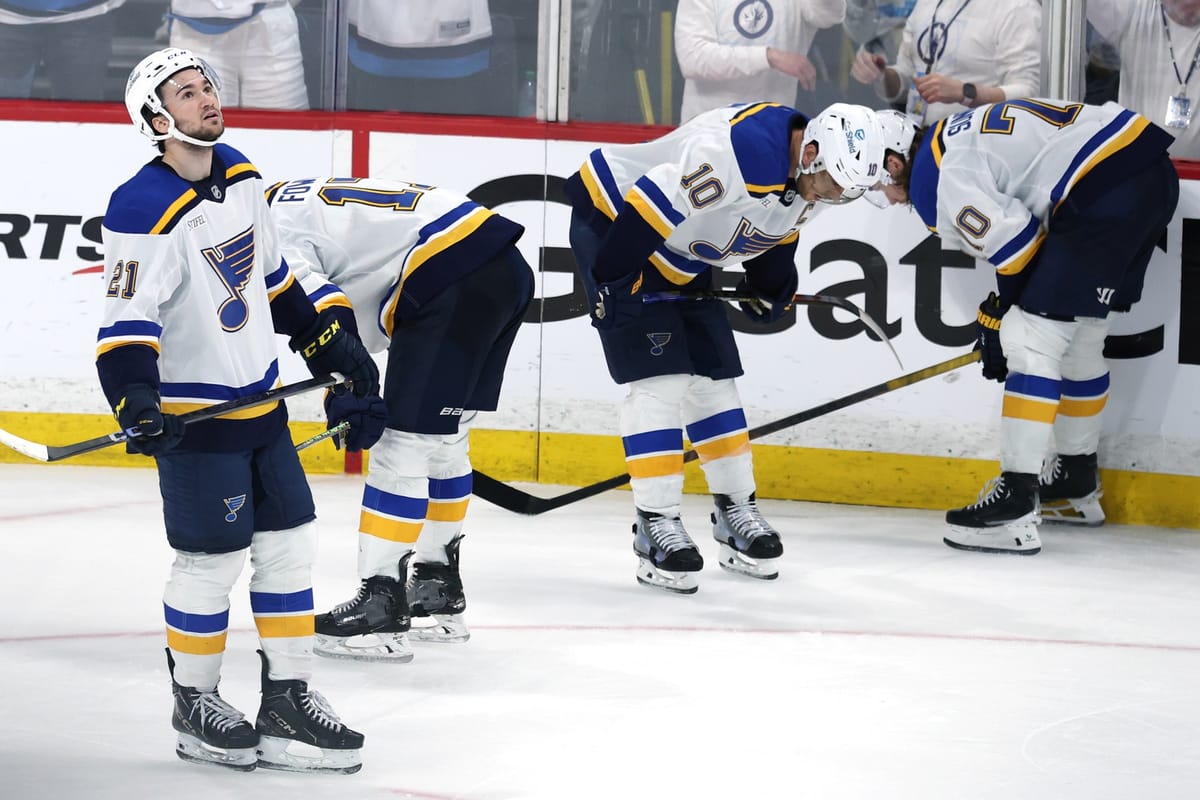







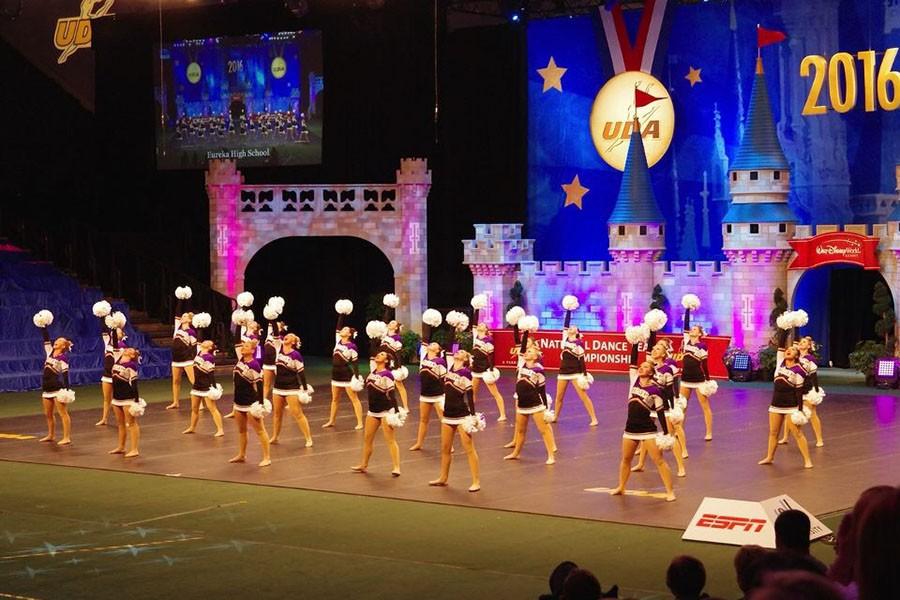
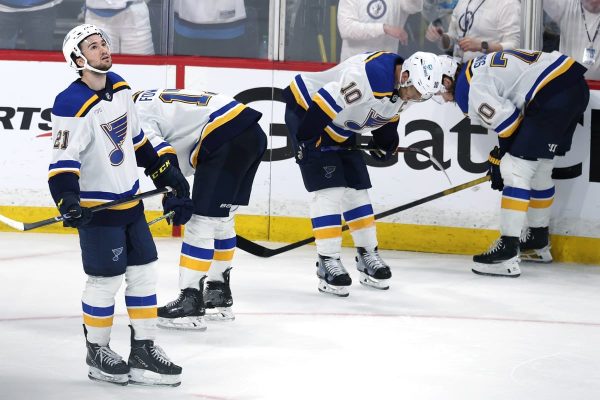


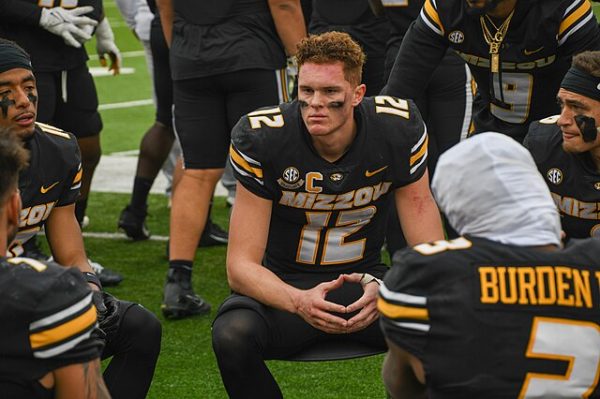

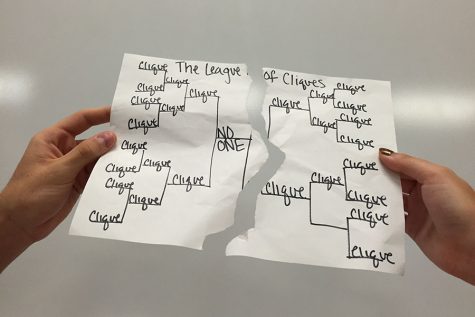


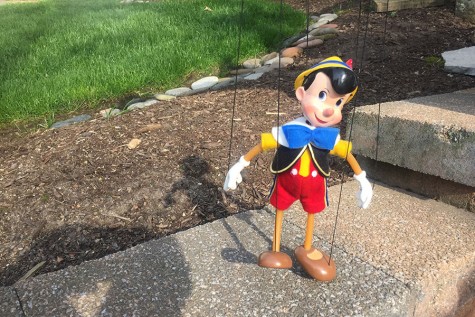
Noah • Mar 4, 2016 at 12:16 AM
Kanye is definitely better than oprah